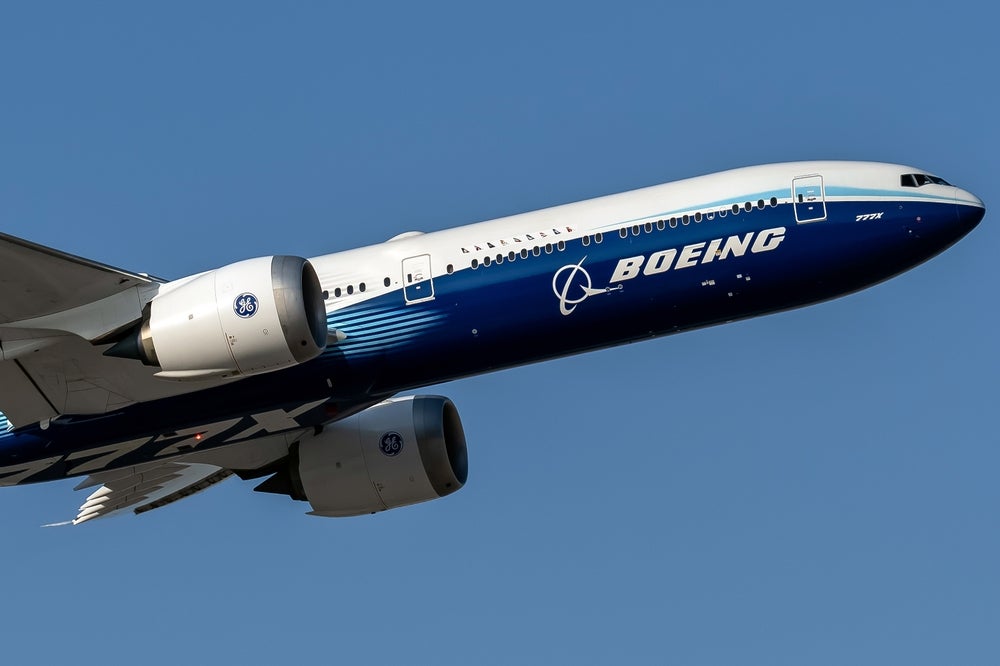Phillips 66 has filed a patent for a method to convert isobutanes into liquid transportation fuels using a two-step catalytic process. The process involves converting isobutanes to olefins and aromatics, followed by alkylation to produce mono-alkylated aromatics meeting fuel blend specifications. The method aims to enhance fuel production efficiency. GlobalData’s report on Phillips 66 gives a 360-degree view of the company including its patenting strategy. Buy the report here.
According to GlobalData’s company profile on Phillips 66, Microscale biofuel reactors was a key innovation area identified from patents. Phillips 66's grant share as of January 2024 was 57%. Grant share is based on the ratio of number of grants to total number of patents.
Method for converting isobutanes into liquid transportation fuel
See Also:
A patent application (Publication Number: US20240034949A1) discloses a method for converting a hydrocarbon feed stream, primarily composed of isobutanes, into a liquid transportation fuel. The process involves multiple steps, including contacting the feed stream with two different catalysts at specific temperatures and pressures to produce effluents rich in olefins and monocyclic aromatics. The effluents are further processed through alkylation and condensation steps to increase the quantity of mono-alkylated aromatics containing eight or nine carbon atoms, meeting specifications for a liquid transportation fuel component. The method also includes separating hydrogen and benzene streams from the hydrocarbon fractions, with the option to recycle certain alkanes and olefins back into the feed stream for enhanced efficiency.
Furthermore, the patent application outlines specific conditions for catalyst composition, temperature, and pressure ranges for each stage of the conversion process. The method emphasizes the use of zeolite catalysts without additional metals, with varying Si/Al ratios for the first and second catalysts. The inclusion of a hydrocarbon diluent, such as light alkanes, in the feed stream is also highlighted as a potential enhancement to the conversion process. Overall, the disclosed method offers a detailed and systematic approach to efficiently converting isobutanes into a high-quality liquid transportation fuel, showcasing innovation in the field of hydrocarbon processing.
To know more about GlobalData’s detailed insights on Phillips 66, buy the report here.
Premium Insights
From

The gold standard of business intelligence.
Blending expert knowledge with cutting-edge technology, GlobalData’s unrivalled proprietary data will enable you to decode what’s happening in your market. You can make better informed decisions and gain a future-proof advantage over your competitors.




